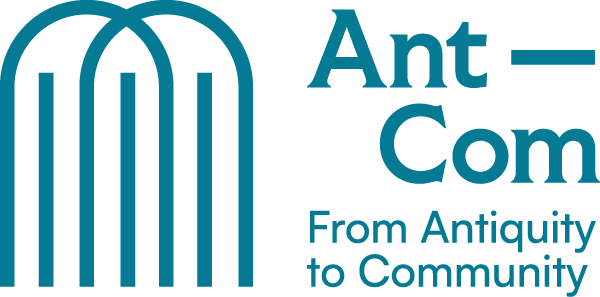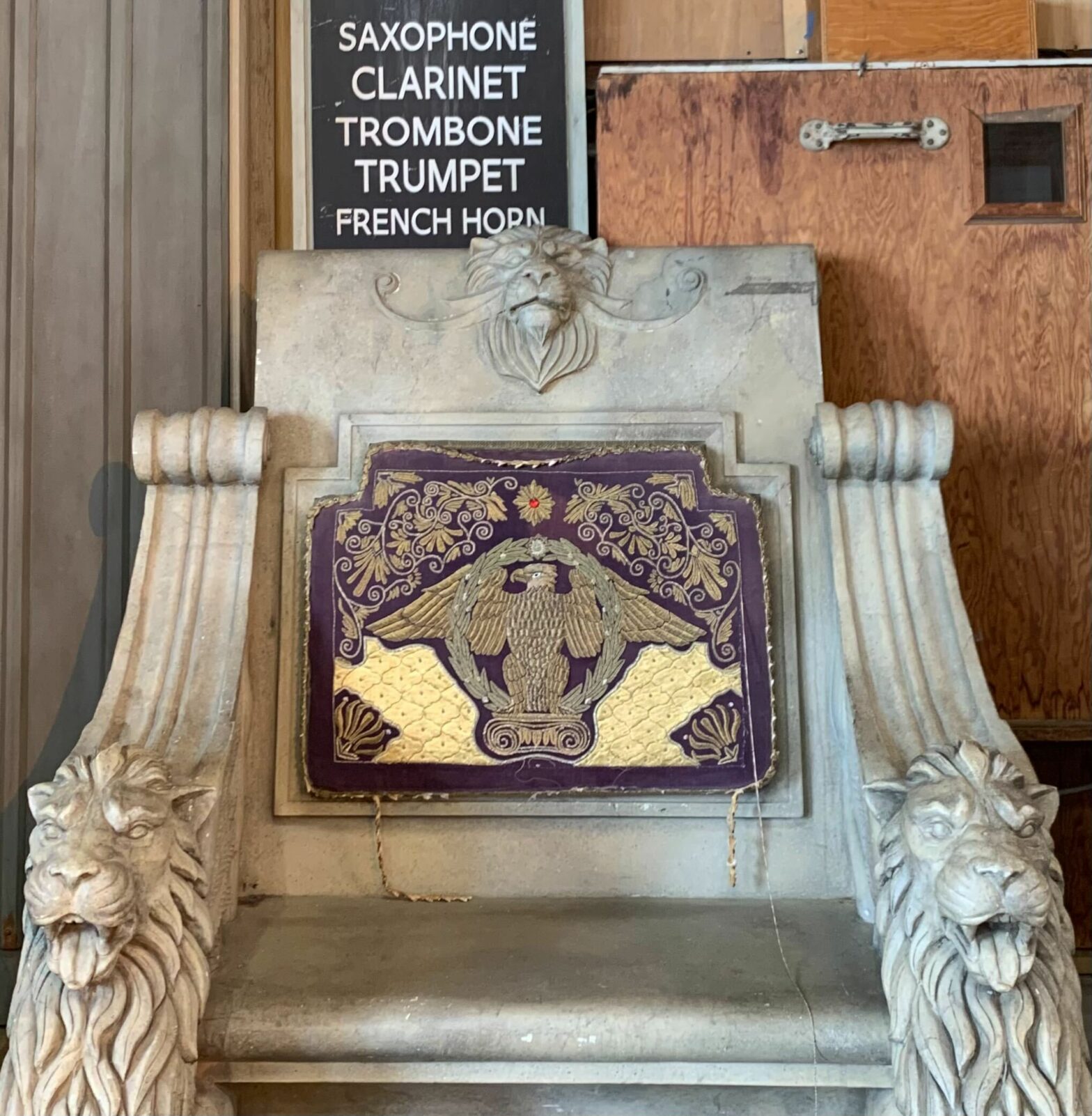This is AntBlog, a place where whoever involved in the Doctoral Network “From Antiquity to Community” can share experiences, excitement, successes and – that too – frustrations and failures from within the project. A more personal spin on a four-year ride through manuscripts, languages, archives, monuments, stories from the past and training for the future: this is what you will find on our AntBlog.
Yes, you are right, AntBlog might sound more like entomology than antiquity. We love the association. After all ants have always been a powerful metaphor for human societies.
But first things first. Let’s tackle THE question. Why AntCom? Even if I am not sure how it all started, the main catalysts are still crystal-clear in my mind: the challenges faced by our field broadly intended, i.e. the study of European pre-modern cultures; the awareness that such challenges are best faced by joining forces with colleagues; the sense that the MSCA Doctoral Network scheme in the new Horizon Europe framework has provided an opportunity to get out of our comfort zone and try something new.
A MSCA DN proposal can definitely look unfriendly. And yet, for all its technicalities, like other EC schemes, it is an instrument borne out of a vision, designed to engineer, foster, and yes, direct too, change and innovation within our research communities, both large and small. And even if the emphasis on excellence might be redolent of elitism and the attention to the needs of the job-market of neo-liberalism, those instruments can in fact shuffle the deck boasting the resources of underfunded institutions or else creating mobility in more static systems. Of course, they are not perfect, nor can we ask them to do what they have not been designed for, that is cover for the scarcity of national or local funds targeted at basic research. Yet, it is this potential and perhaps unintended “unsettling charge” that drew me to the MSCA Doctoral Network scheme.
Putting together a MSCA DN requires several months of preparation and chances of failure are rather high. My recipe to tackle all of this was to put my energy and my time where my heart lay, gather like-minded colleagues, and turn some of the challenges faced by the field into new opportunities of training. If nothing else, I would come out of this with an enriching baggage of collaborative work and new knowledge. In the last decades or so, pressing questions have been surrounding the study of pre-modern European history, in particular of Graeco-Roman culture: questions concerning the use of the past and its relevance to a dark heritage of imperialism, racism, colonialism. While not new, those questions have become more urgent. To answer them in full and effectively, systemic change is needed. However, as a small group of researchers, we want to contribute, however imperfect, however partial that might be, to ways of understanding antiquity that push forward change. A Sisyphean effort, but one that is vital. This is how the tag and guiding thread of our project #decentreclassics came to be. Our project looks at engagements with Europe’s ancient Graeco-Roman past at “grass-root” level and from the margins. We are interested in non-hegemonic narratives and processes of obliteration, in the untold, barely visible layers, in the coexistence of multiple identities and languages.
There are also other societal challenges that an instrument like the MSCA DN can help to tackle. Historical humanities come with a cultural capital, both fascinating and dangerous, closely linked to the questionable notion of “beautiful irrelevance”. As a person who crossed twice, in both directions, the threshold between academia and the corporate world I have a poignant awareness of the little value that might be ascribed to a Humanities PhD. The corporate world is surely short-sighted, but our PhD programs are also often blind to the problem, which is baffling since everyone knows that only a very small percentage of PhD students will end up with a career in Academia. This is such a waste for all parties involved, especially at a time where the digital transition is impacting massively the sector of cultural heritage and new skills are required as well as new synergies within fields of knowledge, opening unprecedented opportunities for our PhDs. The humanities are often seen as ancillary in these synergies. AntCom tries to change the perspective. In our cooperation with engineering the new needs of heritage preservation drive the change, suggesting novel applications for existing technologies or even promoting altogether new technologies.
A third challenge is the work to be done with communities. Grass-root engagements with heritage can be studied only through a close interaction with, and restitution to, the communities. But this is not all. Outreach, public engagement, or as it is dubbed in my home country, “terza missione”, is part of our professional identities as academics and, more broadly, as people active in cultural institutions. However, paradoxically, it is often not acknowledged, recognized, and valued as such. It is still looked at as an aside, even if it requires energy, time – I have been writing and rewriting this blog entry for a couple of days now – and competences, for which basically there exists no training. AntCom points to this large elephant in the room, and puts it center-stage. First, we turn engagement in the core business of our project, involving citizens in the co-construction of knowledge rather than simply reaching out to them. Second, we offer the first structured training ever at PhD level in citizen humanities. We want to make our graduate students better equipped for and more aware of the work required for an effective public engagement.
If you have reached this point, you may think by now that we are visionaries. I will not object. We are and I believe our vision is worth a shot. I am particularly proud that this shot is coming from non-elite state-funded institutions, belonging to vastly different academic cultures, literally from the three corners of Europe. What can I say? If you are a grad student and share our vision, apply to join us. To the others: stay tuned to see whether we’ll be on target.

